Being woken up by the sound of horses snuffling is a unique experience – they sound slightly like a small steam engine trying to get off the starting block. Fortunately, our garden table was very carefully positioned just beyond the reach of their quivering nostrils… which didn’t stop both of them getting a couple of apples. Wigtown is positively encouraging my fantasy of running away to the country and wearing off the shoulder white linen smock tops and long, homespun skirts. In which I’ll never be cold, obviously.
As soon as I hit the town, something I entirely missed in the dark arrival of the night before becomes apparent. There’s signs everywhere. You can’t take four steps (I counted) without the word ‘book’ hailing you from a wall, a window, or a placard.
And every time I saw the word, I felt excited, happy, curious and relieved. It’s like instant therapy.
Activity is centred around the town’s county buildings, bowling green and gardens, reaching up to the usual spot where the weekend market appears, specially ‘enlarged’ for the festival. The sheer randomness of it is pleasing. There’s a stall selling the finest, locally reared meat, packaged in wicker baskets, with scrupulously clean-aproned servers… next door to a three-legged table selling old teapots, iron pokers and a Barbie, presided over by Steptoe’s older, hairier brother. I realise I’ve been living in Edinburgh for too long.
I stop to watch a cookery demonstration, featuring that essential ingredient in every chef’s kitchen:
Before turning up for my first session of the entire shebang, taking place in a yurt…
(It may be compulsory for book festivals to have yurts now. I wonder who the first manager who decided on the idea was, and what reaction he received.
“I’m sorry, you want to hold the ‘How To Write Crime Fiction in 4 Easy Steps’ session in what?”
“A yurt”
“Right. You’re clearly a hippy. How did you get a job at a literary festival?”)
… – but Jenny Colgan has got stuck on a train, and won’t be able to teach me about ‘How Social Networking Works’ till at least 2pm. At which point I’ll be listening to a tall Englishman talk about knitting, alas. It transpires that The Blonde, after squinting at Colgan’s picture for a minute, realises he used to work for her Dad, so maybe we can play on that tenuous link at some point. We later run into him and the verdict is that “he’s mellowed”.
So I wave my Press pass, inwardly cringing, and join the throngs piling in for Michael Foley. I’m secretly rather pleased – I’d debated back and forth between the Colgan and Foley event, deciding using an arbitrary factor which I’m not revealing before I’m at least 60 and beyond caring what people think about me. It had nothing to do with yurts.
No photos allowed, so I concentrate on the talk, bonding with another reviewer who plonks down beside me exclaiming “I don’t know how I’m going to fit it all in”, waving the programme. It is pretty full of events that fall in to my ‘don’t miss’ category, and being able to come for only two days is bordering on sadomasochism; allowing yourself to have a tiny taste of something agonisingly delicious, and then voluntarily walking away from it.
Foley is the perfect starter to it all, and fits in neatly with my train of thought, talking about the id, desire and how everything that philosophy, religion and years of humanity’s experience tells us will make us happy is missing from modern life. And he’s funny. I make a note in caps: BUY THIS BOOK FOR ENTIRE FAMILY. Unfortunately the rest of the festival seems to have the same idea, and the bookshop runs out of copies the same day.
Have a long enough break to wander round the county buildings and accompanying tents a little; some clever festival staff member has thought up a blessing for parents in the shape of ‘Wigtown Beach’, a ten foot square area filled with sand, obligatory castle making toys and deckchairs, to the side of the main building. The place is crawling with toddlers knee deep in sand, and minders flopped in the chairs. Impossible to check with all of them for photo permission, so take a shot of a plastic starfish instead.
——————————–
Sew Your Own by JP Flintoff is next. “What happens when a man once happy to have his suits made by a robot and his services out-sourced to Bangalore tries to find a more self-sufficient, fulfilled life?”.
I’m expecting a type that I’m becoming increasingly familiar with; fairly well-to-do, passionate about how we should all “be doing our bit” for the environment, not really grasping that they are able to do so much more readily than the general masses due to actually having the assets to build a solar panelled house, fit it with wood burning stoves, and procure enough accompanying land to plant crops, an orchard and own some chickens. And terribly keen to tell us how it made them feel so much happier, and we should do it too. I’m wrong. Not completely… – Flintoff’s profession as a journalist means he earns money by researching and writing about such issues, giving him the time and clout to call up Saville Row tailors and arrange a lesson in making his own suits. But he admits this, freely pointing out that he’s in a unique and enviable position of being able to spend all day learning to sew by trial and error, and can call it ‘research’. In fact, he’s disarmingly, refreshingly, honest and humble.
Not only is his book actually relevantly practical (above and beyond well-written, humorous, etc), but he originally published it himself, creating 10 copies by hand to give as gifts. Said copies were passed on from person to person till a publisher saw it… Even at the end, when the obligatory message about how books are available at the back is issued, JP calls out that he’d actually urge us to request it at our local library instead. And then proceeds to ask those who want a signed copy to also sign his book, for him. Possibly the least egotistical journalist I’ve ever come across; I feel like pinching him to see if he’s real.
—————————-
Onto ‘How Not to Get Published‘. There’s been a change of venue due to demand, and it is now in The Bookshop garden. Anything with a 90 degree angle is being roped into service as a seat, including old garden benches, unmoved for a decade.
An editor, an agent and a publicity director walk into a tent at a literary festival…
The stench of desperation is not so evident here as it usually is at such talks; maybe because the audience members at Wigtown seem to – on average – age around 45. Making these wannabe authors that much wiser and pragmatic?
Talk is excellent, the speakers imparting valuable knowledge without ego; I become convinced the incredibly relaxing, sun-sodden atmosphere and surroundings of Wigtown are simply making everyone that bit more happy, in a generous, isn’t humanity grand kind of way. Jolly, is I think the word. A very good word for WBF.
Afterwards I wend my way back through The Bookshop, encountering The Three Ages of Bike…
The shop is fast becoming one of my favourite places in Scotland. It has winding, narrow corridors, nooks and crannies, teetering wooden bookshelves and banisters made for sliding down. The kind of place you can get lost in both literally, metaphorically and er, book-ily; my idea of heaven made real.
In it I find out that Wigtown now has its own Fringe… surely the ultimate accolade for any festival.
Plus… the most surprised book I’ve ever seen:
one of the most random:
and one that I feel a bit conflicted about:
I ended up buying a book about cheese. You’d understand if you saw it. There’s a pull-out on all the different types.
————————-
‘101 Whiskies to Try Before You Die‘ has the magic words after it – “including tasting”. Not particularly for me, but The Blonde. I hate whisky. Yes, I know. But I vaguely attempt to challenge myself, however, to learn more about those things I tend to automatically avoid; it doesn’t always work – I’ve yet to eat trifle since circa 1986.
Again, I’m pleasantly surprised by the speaker/author of the book (with the same title as the session); by all accounts he is a big whig in the whisky world, but avoids ‘pompous’ or ‘over-bearing’ descriptions, at one point early on even saying “You know what, it’s just whisky. It’s there to be drunk and enjoyed”, before moving on to poke fun at the industry in general.
Highlights included rather enjoying the final whisky of the hour (whether that was because I’d had three before that one, or because it was just really good quality, I’ve no idea), and discovering the woman next to me had taken part in an early Central Station project, called Uzzz.
—————————–
And then came something truly bizarre. ‘Wigtown’s (Still) Got Talent’ – “visiting writers and members of the public compete to win the Golden Pencil Award for best act”. Yehhhhh.
The place is packed, standing room only; authors jostle with artistic directors at the bar, and within seconds of arriving, I spot half a dozen journalists and editors from the artistic side of print media. It was kind of like an end-of-summer knees up for the literary community of Scotland.
Visitors and locals alternate on the stage; the former going mostly for comedy, the latter for music. Some of it makes me laugh, most just makes me speechless. It’s not every day you see Jenny Colgan and the Publicity Director of Granta Books singing Barbara Streisand.
Half-way through my friend Sarah (a Dumfries local) turns to me and whispers “the guy next to me is a *really* heavy breather”.
I take a peek. “Er, that’s the Literary Editor of The Scotsman.”
“Ah, that would explain it.”
———————-
The acts included… The Steel Condom:
… a David Cameron impersonator deep-throating a pink balloon:
and, of course, a penguin.
The piper won. He was actually good.
The night ends in the Bladnoch Inn across the road, Copyright Lawyer pulling out her violin, The Blonde taking a guitar down off the wall, Irish ballad songbooks purloined from the shelf. Sarah and I contribute general encouragement. I realise I’m really, really glad I didn’t sign up for anything before 1pm the next day.


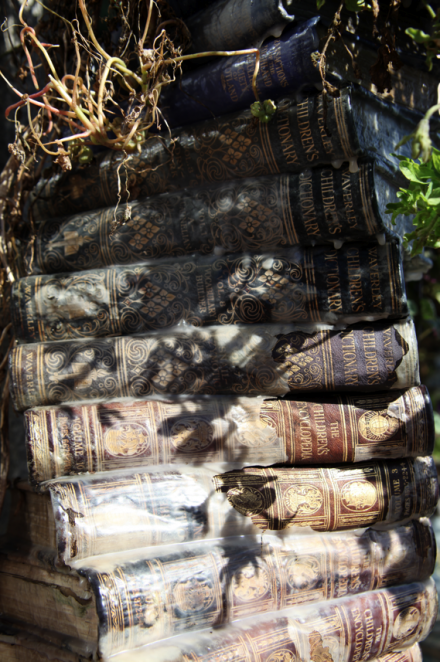


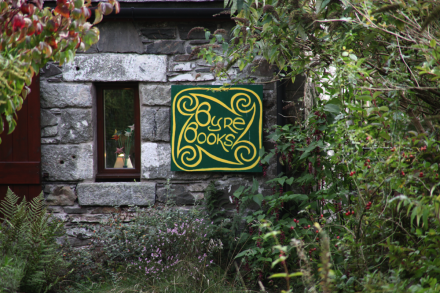
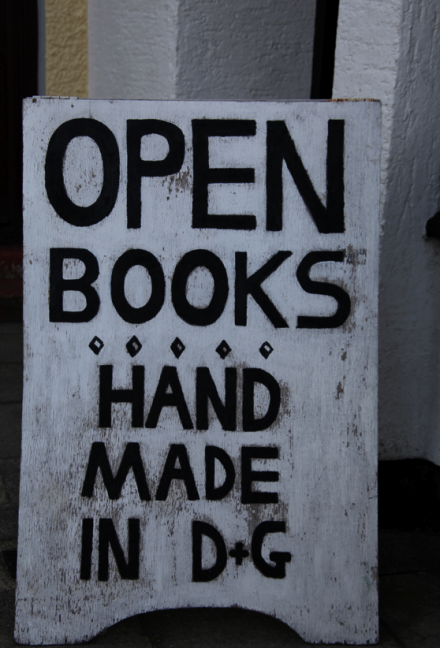
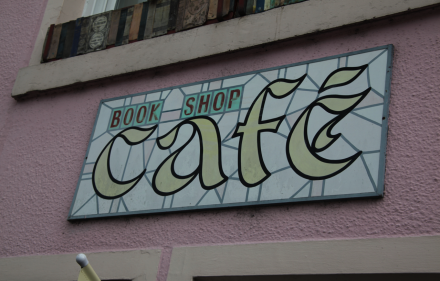

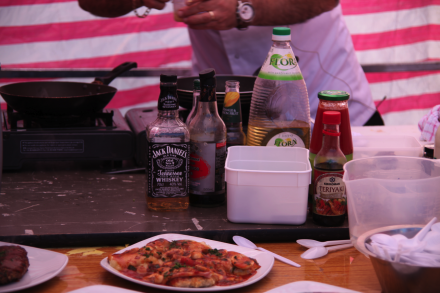
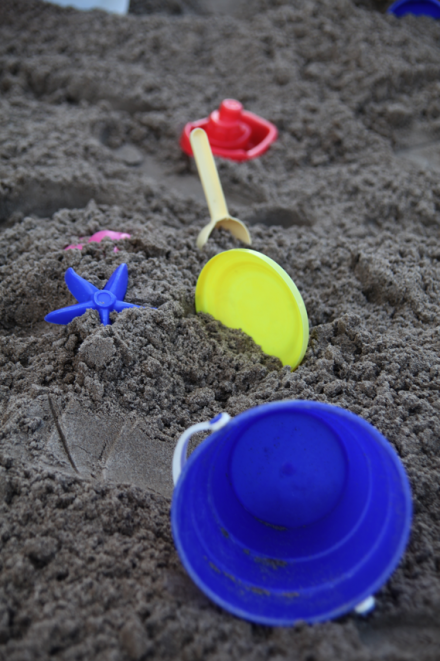

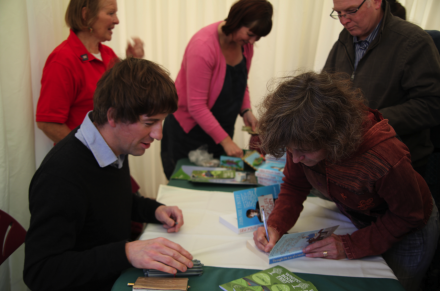
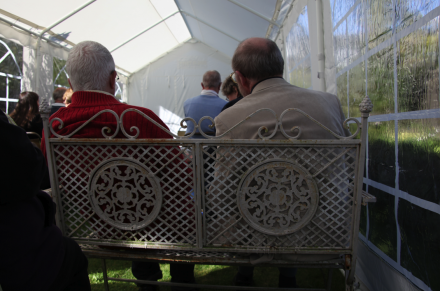
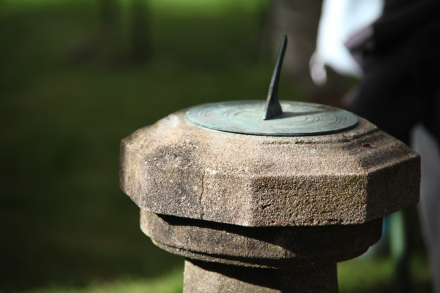
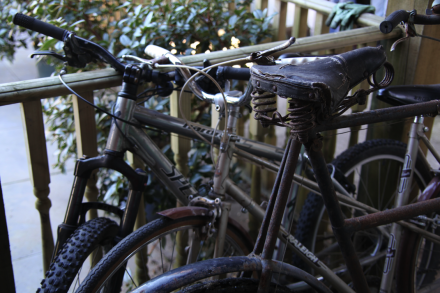
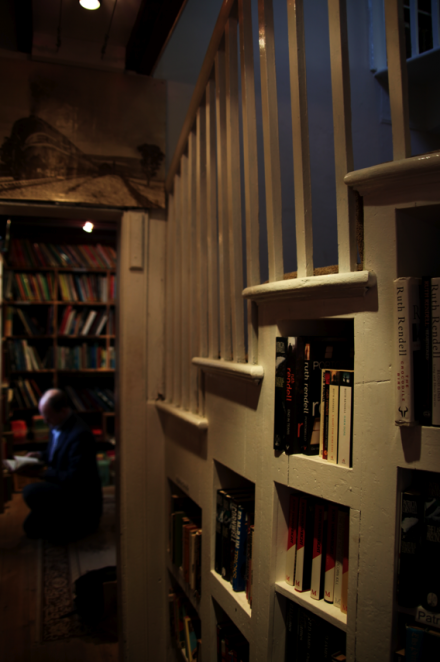
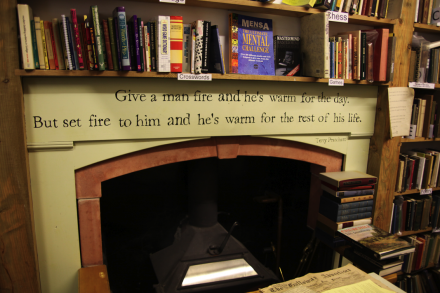

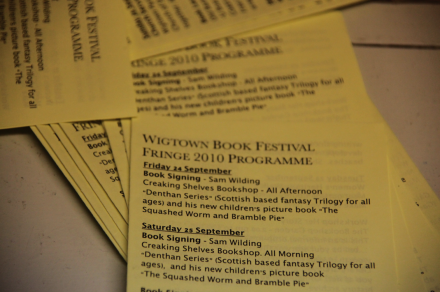
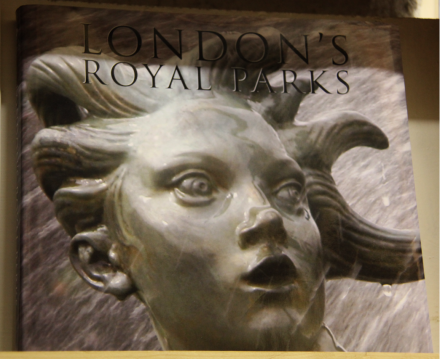

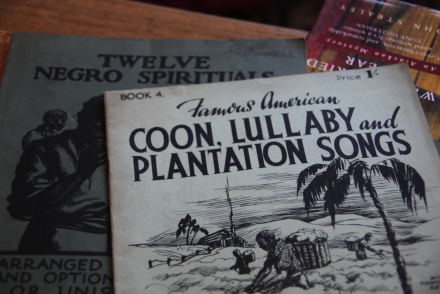
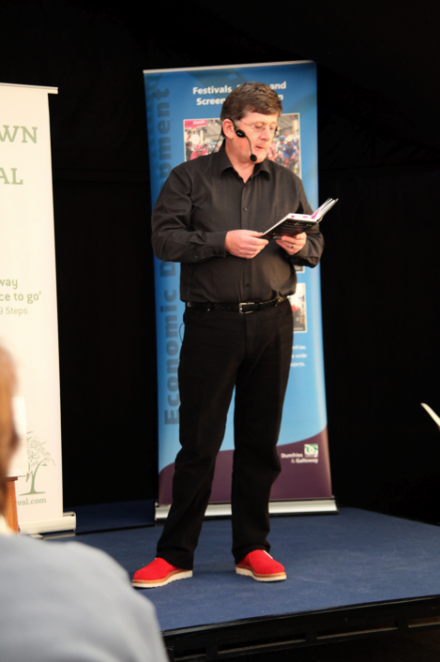


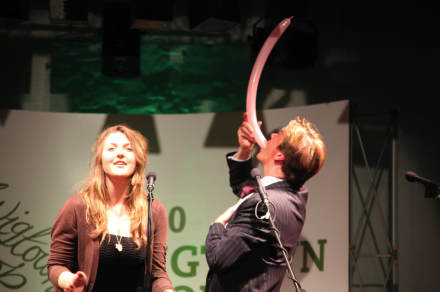

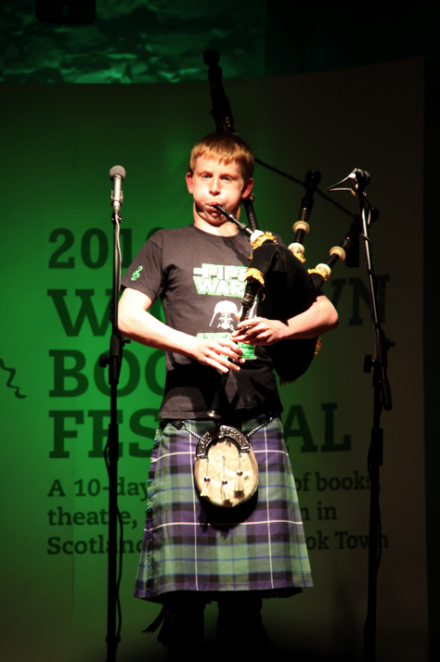

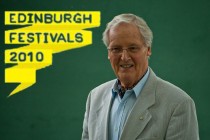
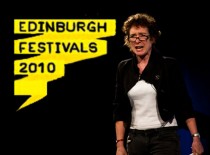









Comments